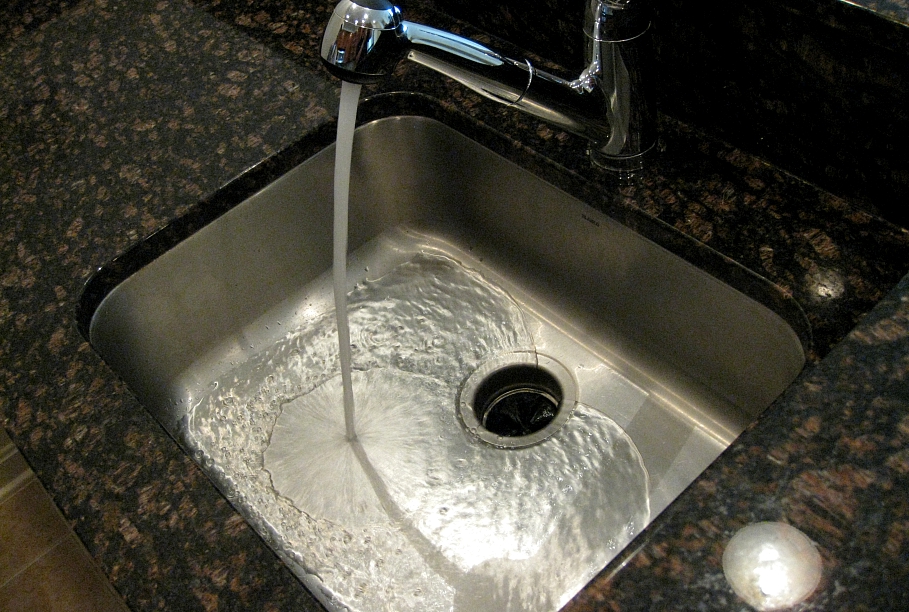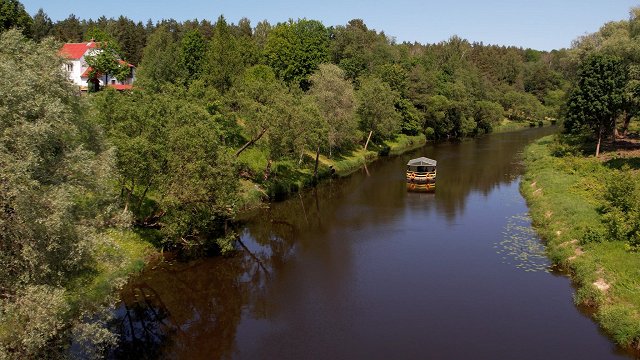The project is being put into action by realized by the association Baltijas krasti (Baltic Shores) and involves re-using waste water that, after treatment, meets certain quality criteria. Currently the project is looking at the most appropriate purification methods in Latvia for three possible directions - agriculture, industrial needs and the urban environment.
Even though water is, thankfully, not something that Latvia currently lacks, Baltic Shores is aiming to find ways to use wastewater and rainwater more wisely. A working group consisting of ministry representatives, environmental engineers, spatial planners and non-governmental organizations has been established to explore the issue, find ways where use of waste water is technically and economically beneficial, and promote the inclusion of the issue in future policy documents.
“There is no shortage of natural water resources or groundwater in Latvia. Latvia is rich in water. We need to look for other directions where it is relevant to us. As part of the project, we have discussed that by taking water from underground resources, we then return it to surface water bodies - rivers and lakes. And if we think in a sustainable way, from an environmental and nature protection point of view, we do not [currently] return that water in the same state in which we took it. This is a problem in Latvia with bodies of water in a poor state. It's hard to get clean rivers and lakes,” says Elīna Konstantinova, project expert at Baltic Shores.
One are of interest is the use of water in industrial applications - in washing machines and equipment, various production processes and color blending. The second option is agriculture - for watering crops. And the third is to use this water in urban environments as water pools for firefighting or greening.
Linda Grinberga, a lecturer and researcher at the Faculty of Environmental Engineering at the Latvian University of Agriculture, says that drinking water should not be used for such purposes.
"One very good example is my research project in Zaļenieki, where a water purification plant is built that purifies water in natural conditions. In the case at hand, this is agricultural run-off that the farmer is already using for further watering in greenhouses and growing crops,” says Grinberga.
The farmer mentioned in the example has created artificial wetland on his farm, a specially designed and built aquatic ecosystem designed to promote natural water purification processes.
One of the options for this project is the collection of rainwater in pools in the urban environment. This could contribute to biodiversity ans according to experts, the use of rainwater for watering gardens is better than drinking water. Such innovative solutions can also reduce the risk of flooding.
The authors of the project want this issue to be included in development plans so that purity of water to be used becomes a factor taken into account at the planning stage of projects.
When it comes to costs, one of the key conditions is that water treatment be cost effective. “The main one that makes up the cost of construction is groundwork. This means that you need an excavator and a man to drive it and fuel. This is also the basis for the artificial wetland. But there are other solutions. This, of course, requires a rethink of the system, which means changing the way we design and build everything. But would it make it significantly more expensive or cheaper than it is now? I would not say so,” says Grinberga.
Although the risk of water scarcity in Latvia is relatively low, experts emphasize that, in the light of scientists' predictions of long periods of drought and rain, we need to ensure such situations are anticipated in a timely manner. The project will run for six years.






























